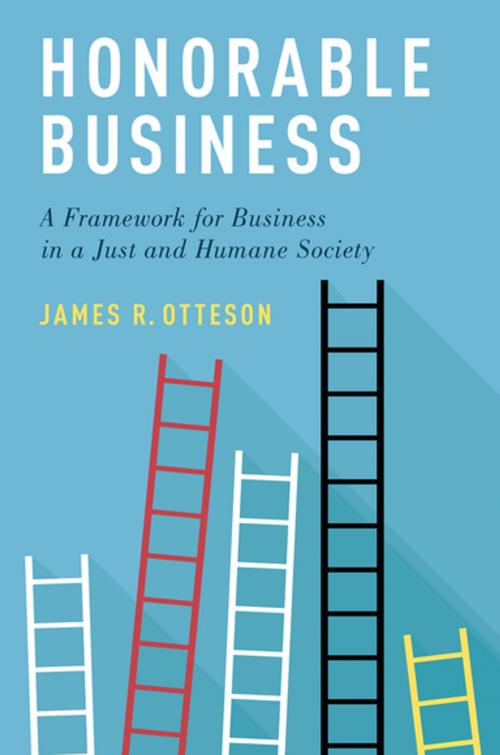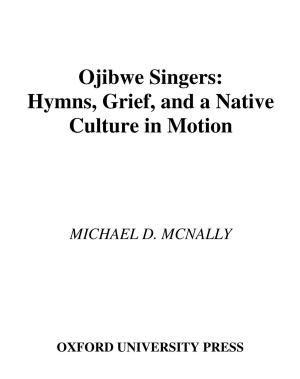Honorable Business
A Framework for Business in a Just and Humane Society
Business & Finance, Business Reference, Business Ethics| Author: | James R. Otteson | ISBN: | 9780190914233 |
| Publisher: | Oxford University Press | Publication: | January 30, 2019 |
| Imprint: | Oxford University Press | Language: | English |
| Author: | James R. Otteson |
| ISBN: | 9780190914233 |
| Publisher: | Oxford University Press |
| Publication: | January 30, 2019 |
| Imprint: | Oxford University Press |
| Language: | English |
Business has a bad name for many people. It is easy to point to unethical and damaging behavior by companies. And it may seem straightforward to blame either indivuduals or, more generally, ruthless markets and amoral commercial society. In Honorable Business, James R. Otteson argues that business activity can be valuable in itself. The primary purpose of honorable businesses is to create value-for all parties. They look for mutually voluntary and mutually beneficial transactions, so that all sides of any exchange benefit, leading to increasing prosperity not just for one person or for one group at the expense of others but simultaneously for everyone involved. Done correctly, honorable business is a positive-sum activity that can enable flourishing for individuals and prosperity for society. Otteson connects honorable business with the political, economic, and cultural institutions that contribute to a just and humane society. He builds on Aristotle's conception of human beings as purposive creatures who are capable of constructing a plan for their lives that gives them a chance of achieving the highest good for humanity, focusing on autonomy and accountability, as well as good moral judgment. This good judgment can enable us to answer the why of what we do, not just the how. He also draws on Adam Smith's moral philosophy and political economy, and argues that Smithian institutions have played a significant role in the remarkable increase in worldwide prosperity we have seen over the last two hundred years. Otteson offers a pragmatic Code of Business Ethics, linked to a specific conception of professionalism, and defends this Code on the basis of a moral mandate to use one's limited resources of time, talent, and treasure to provide value for oneself only by simultaneously providing value to others. The result is well-articulated parameters within which business can be an acceptable-perhaps even praiseworthy-activity.
Business has a bad name for many people. It is easy to point to unethical and damaging behavior by companies. And it may seem straightforward to blame either indivuduals or, more generally, ruthless markets and amoral commercial society. In Honorable Business, James R. Otteson argues that business activity can be valuable in itself. The primary purpose of honorable businesses is to create value-for all parties. They look for mutually voluntary and mutually beneficial transactions, so that all sides of any exchange benefit, leading to increasing prosperity not just for one person or for one group at the expense of others but simultaneously for everyone involved. Done correctly, honorable business is a positive-sum activity that can enable flourishing for individuals and prosperity for society. Otteson connects honorable business with the political, economic, and cultural institutions that contribute to a just and humane society. He builds on Aristotle's conception of human beings as purposive creatures who are capable of constructing a plan for their lives that gives them a chance of achieving the highest good for humanity, focusing on autonomy and accountability, as well as good moral judgment. This good judgment can enable us to answer the why of what we do, not just the how. He also draws on Adam Smith's moral philosophy and political economy, and argues that Smithian institutions have played a significant role in the remarkable increase in worldwide prosperity we have seen over the last two hundred years. Otteson offers a pragmatic Code of Business Ethics, linked to a specific conception of professionalism, and defends this Code on the basis of a moral mandate to use one's limited resources of time, talent, and treasure to provide value for oneself only by simultaneously providing value to others. The result is well-articulated parameters within which business can be an acceptable-perhaps even praiseworthy-activity.















